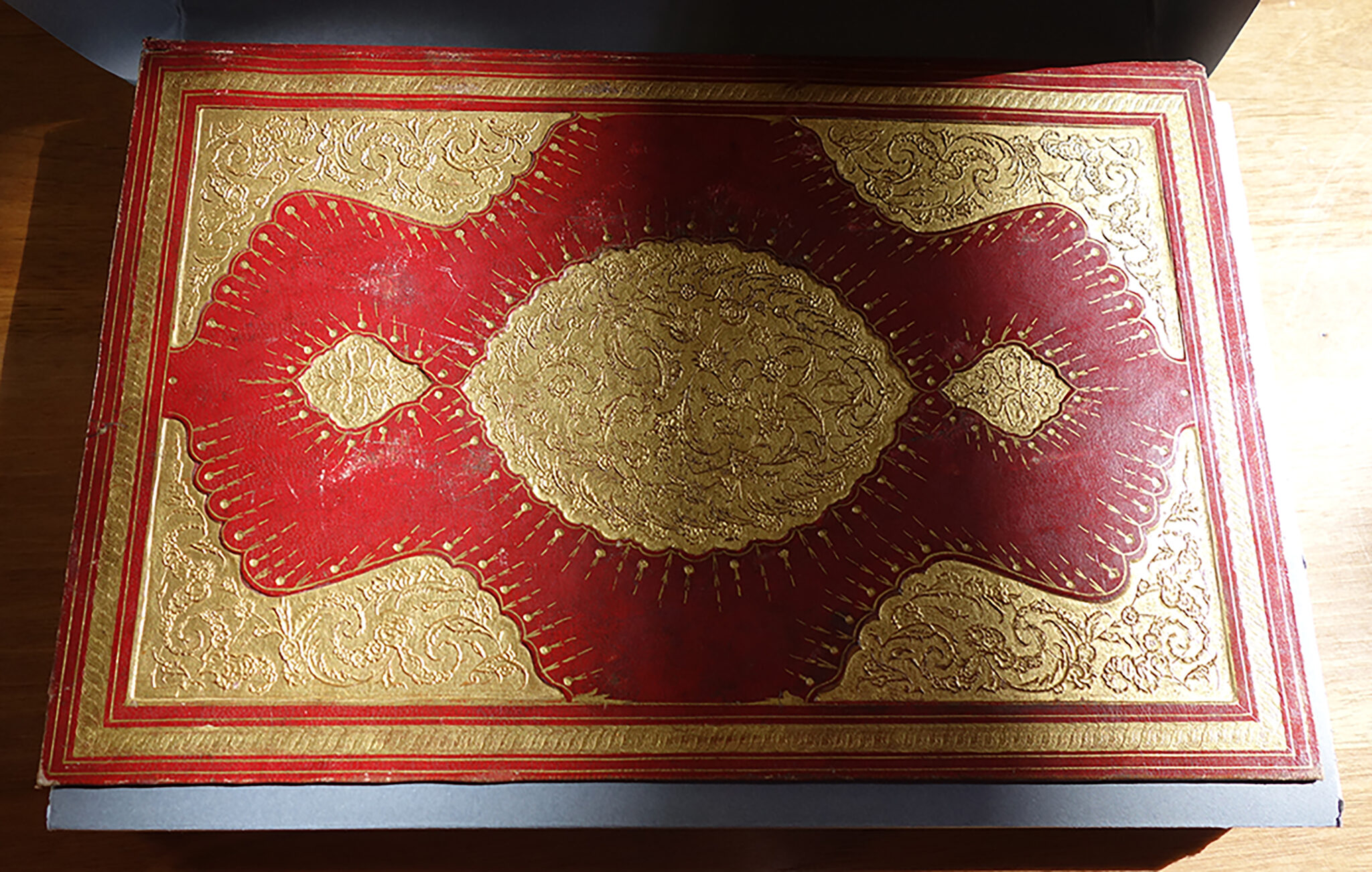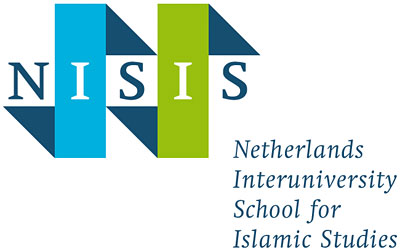Agenda
Call for Papers: Sensing the Materiality of the Early Modern Islamic World
Historians of Islamic art have long been attentive to the sensory properties of material culture and architecture in the early modern period. The longstanding interest in perception coupled with more recent efforts to understand it as a multi-sensorial phenomenon has also nurtured breakthroughs in the study of aesthetics and major epistemological reorientations within the field. Historians and anthropologists of religion have also taken a vivid interest in the materiality and sensoriality of religious devotion in recent years, significantly widening the conceptual breadth of academic discussions on these topics. However, the role of material culture and architecture in shaping sensory and affective experience in the early modern Islamic world invites further research. This conference, convened by the SENSIS research project at Utrecht University, seeks to bring together a multidisciplinary group of scholars interested in addressing this challenge.
How did material culture and architecture shape early modern Islamic sensescapes and the affective practices associated with them? How did the material and sensory properties of objects and architecture modulate these sensescapes? How did specific objects or built environments stimulate affective engagement and what kind? How did material and visual culture mediate perception in the early modern Islamic world? How did the sensory practices in separate political and cultural entities engage or distinguish themselves from one another? How did objects arouse distinct sensory experiences as they circulated and became recontextualized in the early modern period? How did people’s sensory experiences evolve as their urban environments changed in this era?
By shaping experience on a somatic level, objects and architecture hold the potential to inform us about embodied social and cultural practices of the past in a different way than textual sources. By directly impacting the body’s sensory faculties, they facilitate or discourage certain emotional responses and forms of behavior. Sensations and emotions are often closely linked; thus, the careful calibration of the senses is an effective means of evoking affective reactions. Furthermore, the sensory and affective practices stimulated and mediated by material culture and architecture can collapse temporal and spatial distance by immersing subjects in the moment of experience. In other words, they can offer insights that complicate or contrast with scholars’ reconstructions of lived experience based solely on discursive practices.
We are interested in papers dealing with the sensory history of material culture and architecture in the Ottoman, Safavid, and Mughal empires, and beyond. Topics can include, but are not limited to:
- sensescapes created by material culture and architecture
- affective engagement with material culture and architecture
- perception of materiality and knowledge in aesthetic experience
- perception and deception in the visual arts, material culture, and architecture
- sensory semantics of raw materials in artistic production
- sensory dimensions of technical literature and artistic production
- sensation and the formation of specific aesthetic idioms in art and architecture
- sensory aesthetics and the aesthetic theory of art and architecture
- sensory aesthetics and transmediality in material culture and architecture
Paper proposals:
Please send your proposals to sensis@uu.nl including paper title, abstract (max 250 words), name, and institution, by January 31, 2025. We welcome scholars regardless of geographical location and particularly encourage graduate students and early-career scholars to submit paper proposals. We have limited funds available to supplement travel costs of presenters. Please indicate in your email if you would like to be considered for a travel grant and/or whether you can secure travel funding from your home institution. No registration fee is required for participation.

Bookcover of the album of Murad III, 1572-3,
Austrian National Library, Vienna, Photo by Suzanne Compagnon.

